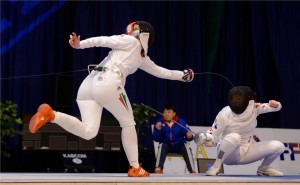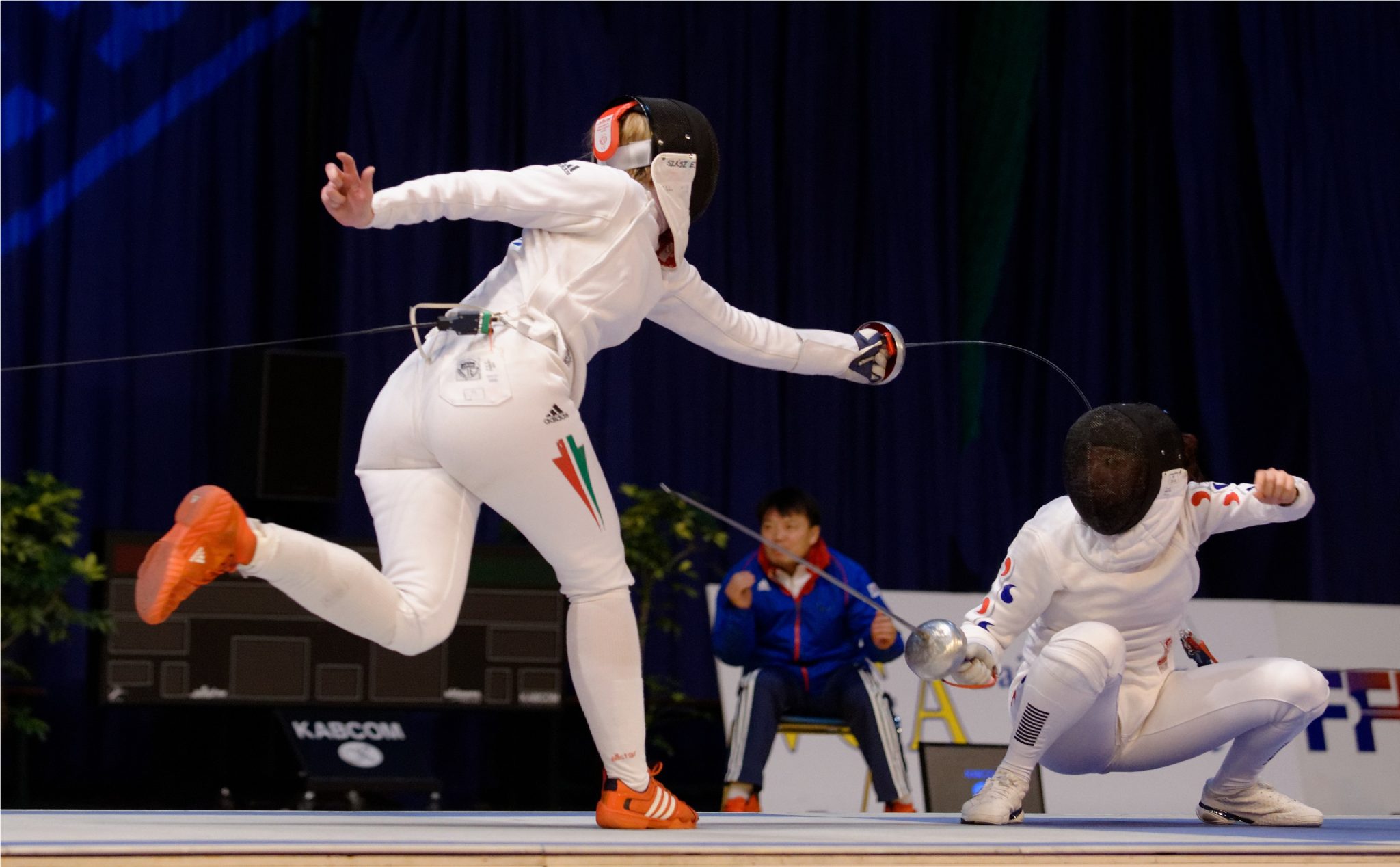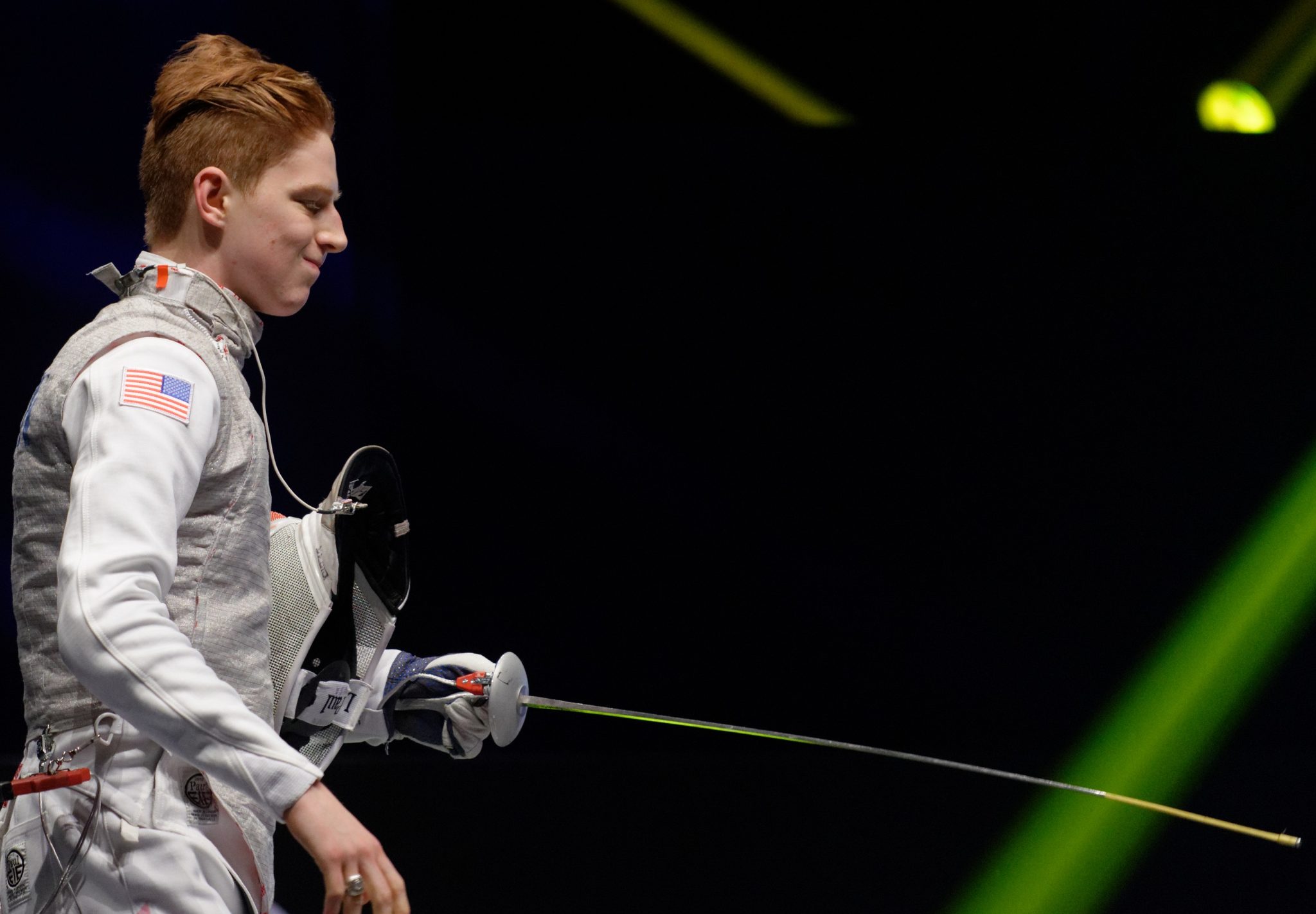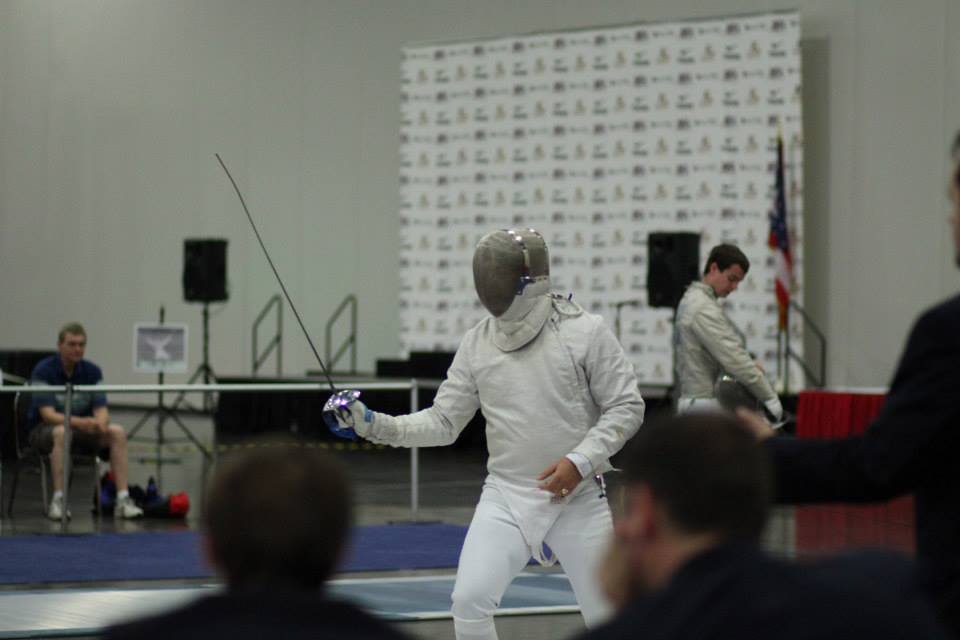
When a bout transpires, there is a certain decorum that a fencer expects from the referee, and vice versa, what a referee expects from a fencer in order for the bout to be held in a safe, fair, and fun manner—while honoring Fencing’s values of honor and respect from fencer to fencer, fencer to referee, and referee to fencer.
At some point in his/her career, every fencer has had a referee who enforces the rulebook as if it were the 1980’s and not the 21st century. On the outside of the piste, every referee has had a fencer wantonly protest each and every call in a belligerent and graceless manner, impeding his/her ability to preside over the bout.
I’ve written the following expectations with the experience of both the referee and fencer in mind. I hope they will spark a discussion in how we can facilitate a fair and positive experience on the piste, both for fencer and referee.
The following expectations shouldn’t be selectively applied; rather, they should be followed inclusively. The bouts in which both referee and fencer adhere to these ideals often produce exceptional matches that embody fencing’s values. The matches that don’t, we remember just as well, but for all the wrong reasons. Whether it’s an Occhiuzzian level of hostility from fencer to referee or a Barbara Czarian level of incompetence as displayed in the Shin A. Lam debacle, not following these expectations ruins the experience of fencing for both athlete and referee.
What a fencer expects from the referee:
- A fencer expects the referee to have control of his/her strip and maintain order throughout the bout.
- A fencer expects the referee to be knowledgeable and able to enforce the most up to date rules.
- A fencer expects the referee to be aware of current trends in officiating and right of way and be able to apply these trends to the bout (Note: Andrew “CyrusOfChaos” Fischl has produced a great series of videos on this).
- A fencer expects the referee to be objective and fair in his/her judgment. Should the referee feel s/he cannot act impartially; the referee should recuse him/herself from the bout.
- A fencer expects the referee to zealously ensure the safety of the fencers.
- A fencer expects the referee to deliver his/her calls with confidence and assuredness.
- A fencer expects the referee to be uninfluenced by outside variables, such as an unruly coach or an argumentative opponent.
- A fencer expects the referee to listen with open ears to a respectfully delivered protest and be able to justify his/her calls should reasonable doubt arise with regards to their proper enforcement.
- A fencer expects the referee to delegate score and time keeping responsibilities to a competent individual. Because nothing says delegating to a competent individual like giving a teenager time keeping responsibility in the middle of an Olympic semi-final.
What a referee expects from the fencer:
- A referee expects the fencer and his/her coach to be respectful and honorable to them before, during, and after the bout.
- A referee expects the fencer to be respectful and honorable to his/her opponent before, during, and after the bout.
- A referee expects the fencer to be knowledgeable and able to obey the most up to date rules.
- A referee expects the fencer to appear at the strip with at least two working weapons, two working body cords and mask cords (as applicable), and conforming gear, even at beginner tournaments.
- A referee expects the fencer to protest in an inquisitive manner, not accusatorily or abusively.
- A referee expects the fencer to maintain his/her bearing and composure throughout a bout, even during the most intense and combative encounters.
- A referee expects the fencer to listen to warnings and orders and for the fencer to adjust his/her behavior accordingly.
- A referee expects the fencer to get en garde in a timely fashion and to neither intentionally waste time nor delay the bout.
- A referee expects the fencer to compete with the safety of his/her opponent in mind.
Talk-Back: What do you expect from fencer/referee?
“A fencer expects the referee to give them points they didn’t earn.” – Albert Aboaf
“A fencer expects a referee to call actions consistently.” – Debbie Johnson
“A fencer expects the referee to be knowledgeable and impartial.” – Charles Ball
“A referee expects an argument.” – Michael McTigue
“A fencer expects a referee to be both confident and competent.” – Robbie Compton
“A fencer expects a referee to know the current rules, to be able to follow the action, and to be consistent.” – Mary-Ann Leonard Feller






